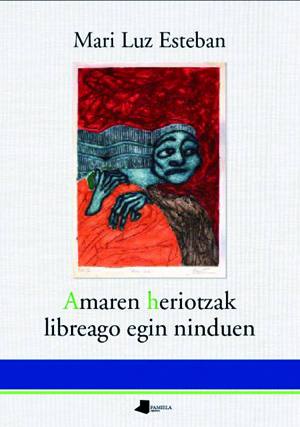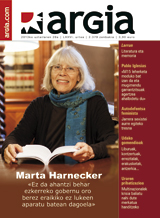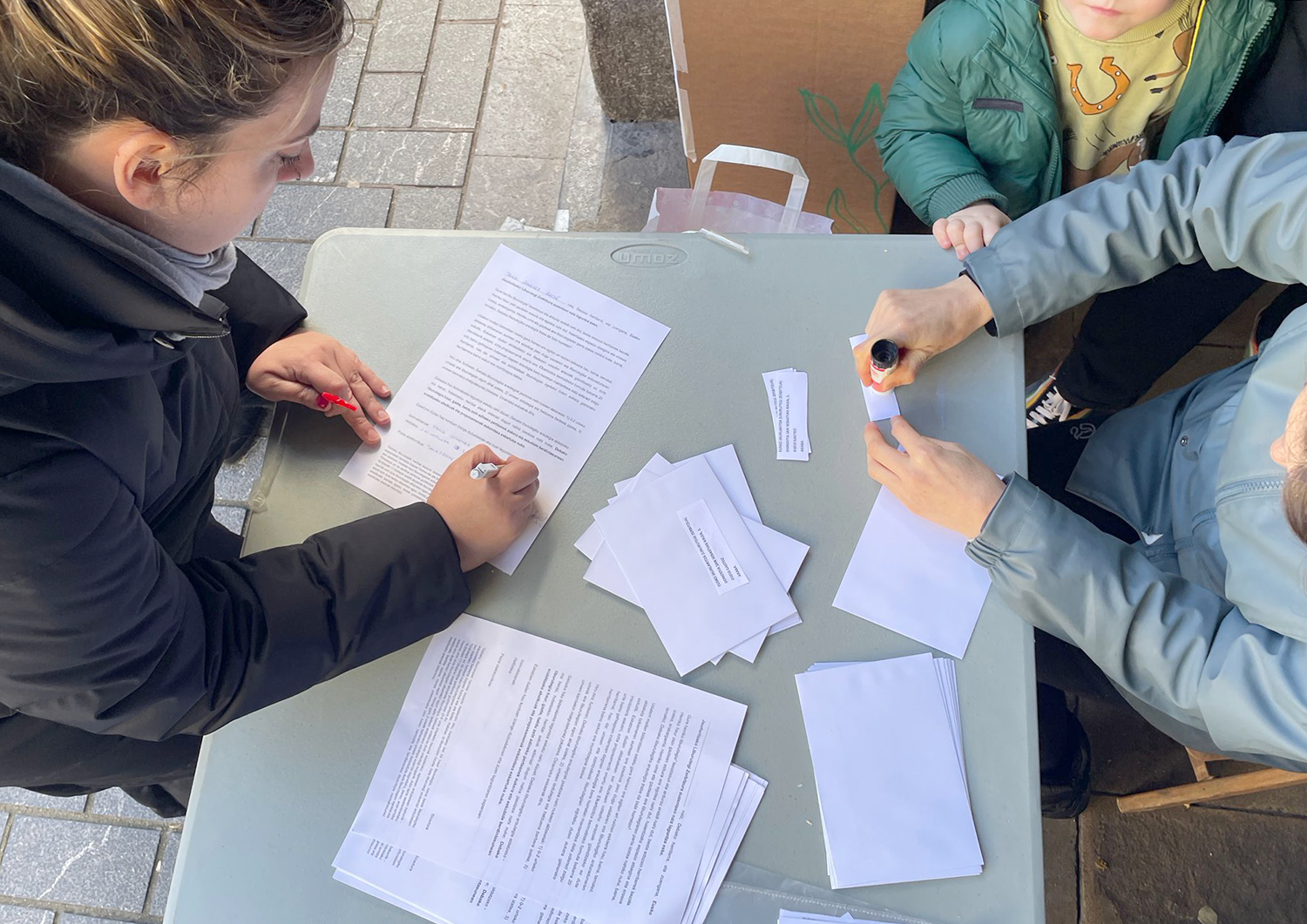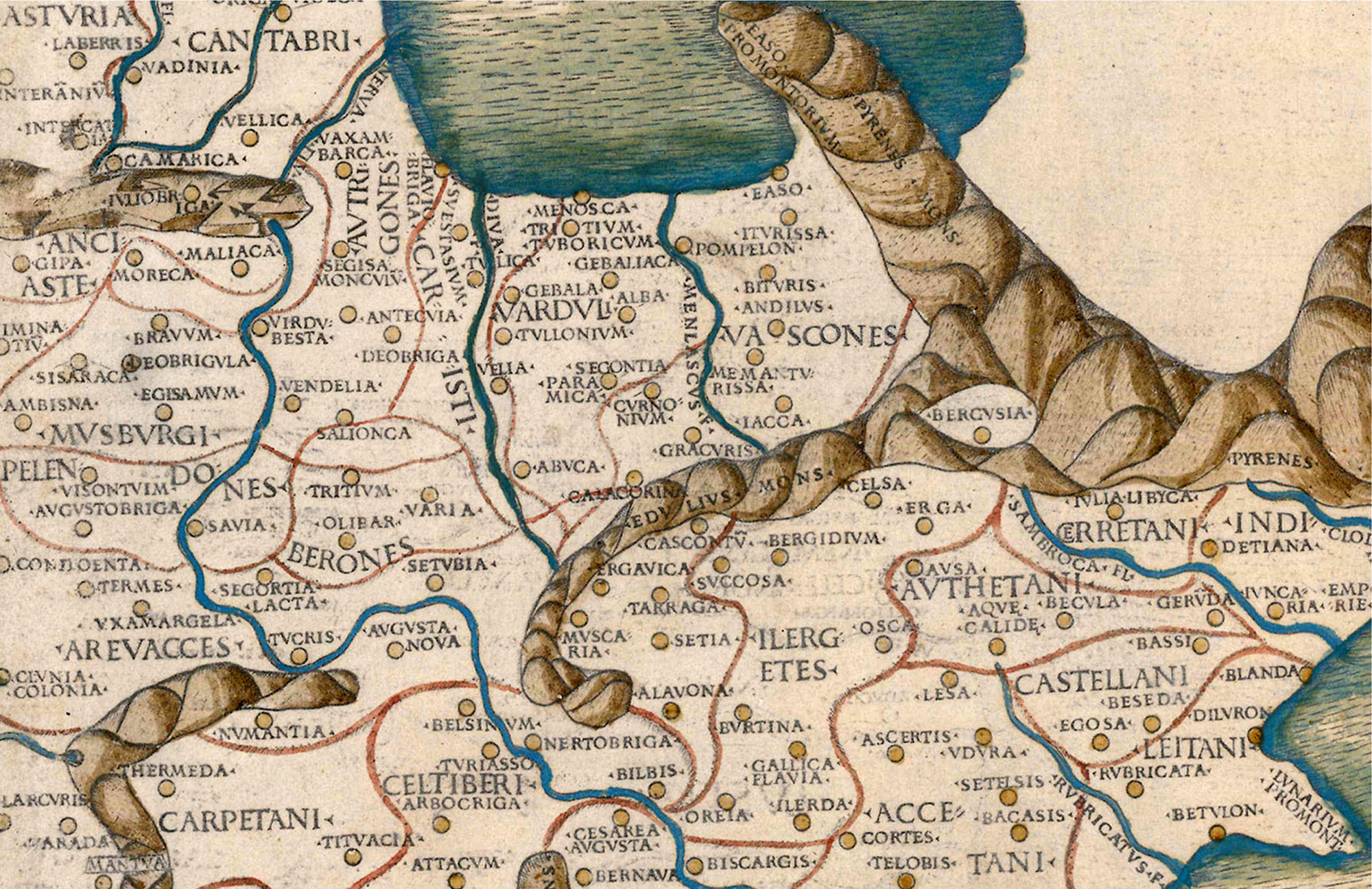Poetry in fullness

In the middle of summer, two new poetry books have been presented: The death of Mari Luz Esteban made me freer, by the hand of Pamiela, and said by Mikel Ibarguren, by the hand of Utriusque Vasconiae. The first speaks on the path of self-narration, of the relationship between freedom and love, of intimacy as a path to poetry: “He remembered what I once read somewhere, that we built ourselves disguising who we are.” The second, with a voice framed in exile, with the echo that every conflict leaves in the bodies of oneself and others, bringing the experience to the poetic word, the pain and hope that the means not denied by the end can produce: “But above all realism, below all literary criticism, I have poetic reasons to keep writing.” Perhaps the truth of oneself is nothing more than a shared fiction; if so, poetry can be a tool of shared tearing, a possible means of collecting non-historical memory. In the case of Mari Luz Esteban, placing us in the context of gender memories, we are increasingly discovering ways that some of us find strange, increasingly evident contradictions and debates, each with the other. In Ibarguren’s work I have found the enormous human echo that people have of today’s experiences in a very strict sense, without boosting the pain from the eyes of reality, with a firm will to move forward. In these books, I've found ways to read the concerns, the pains, the desires that can be found in today's society, in full poetry.
Party and recreation. Oral History of Rock Radical Vasco
Javier 'Jerry' Corral
Books, 2025
------------------------------------------------
Javier Corral ‘Jerry’ was a student of the first Journalism Promotion of the UPV, along with many other well-known names who have... [+]






















